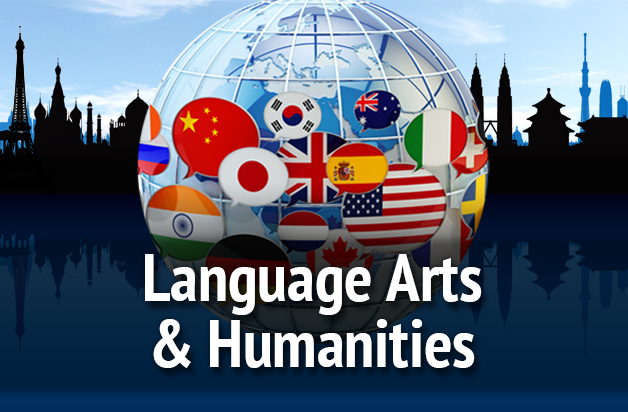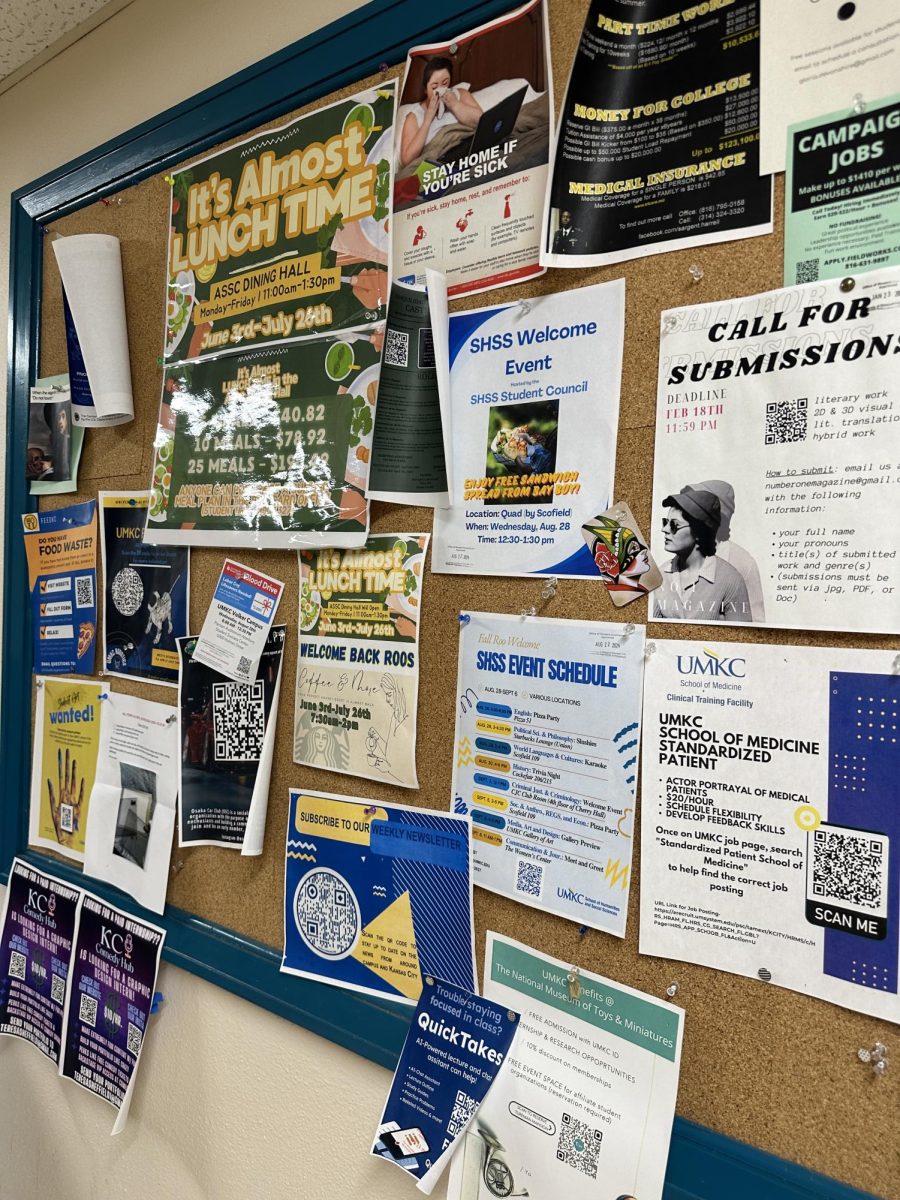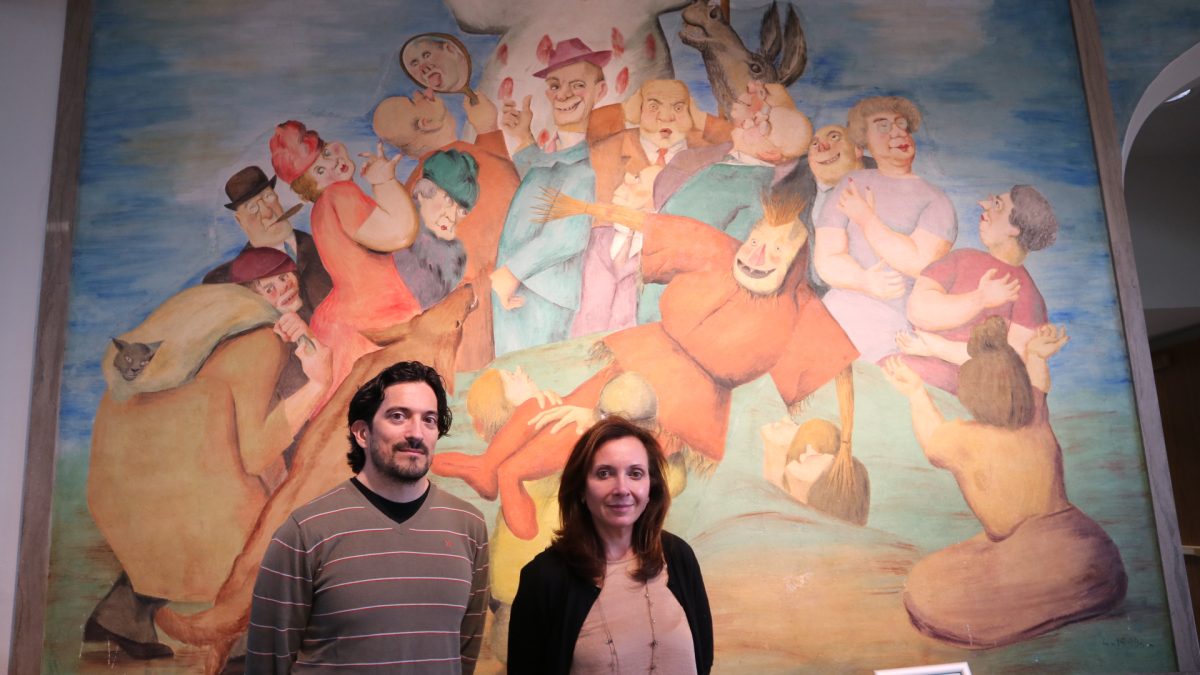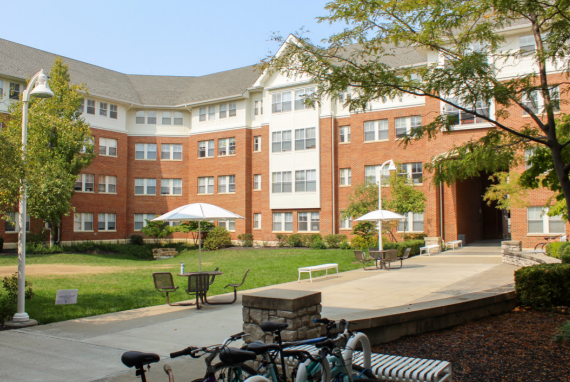In the summer of 2019, I was privileged enough to study abroad in Málaga, Spain, with the Spanish program at UMKC. At first, I honestly wasn’t sure if I was going to like Spain, because European history doesn’t interest me much. As the class travelled through Andalucía, however, I became fascinated with the influence of Muslim rule on Spain. This influence is not only visible everywhere in Andalucía through architecture, but it is in the Spanish language itself, which has roots in Arabic. My perception of Spain as a nation influenced only by white Catholic culture was shattered, and as continues to happen, an entire hidden history was revealed to me.
The University of Missouri-Kansas City is considering cutting Arabic and German language courses from it’s catalogue. It seems the school has been intent on waging a war against all language arts the past year, as the college also cut the widely beloved radio program “New Letters on the Air” and BkMk Press, the losses of which you can read more about in the KCUR article “With The End Of New Letters On The Air, Kansas City Loses A Claim To Literary Fame.”
All of these programs add to the culture of UMKC, and by cutting them the school is eating away at it’s claims to the arts and to diversity. How can an institution claim to be international if it only provides courses about Romance languages originating from European countries? It seems that the university only cares about students’ money in its pockets, but if it keeps chipping away at programs that attract students from other countries or even other states, it will lose that money, too.
In Spain, when beautiful mosques were stolen by Catholic powers, Catholics built their cathedrals on top of these structures. Now, most of the original mosques are gone, save for a dome here or there. One mosque structure that remains almost wholly intact is in Cordoba, but it is still owned by Catholics who have denied Muslim people the right to worship there time and time again.
By cutting the Arabic course but leaving the Spanish course in place, the university will be contributing to the same kind of erasure of history. The two languages go hand-in-hand, each telling a different story of the history of Spain.
Each time the university cuts one of these programs, they snuff out another important story, or another important way to spread it. The language arts, whether the language of choice be Arabic, Spanish, German, English, French or any other unique tongues, are about finding one’s voice and using it. These voices are important. Let them be heard. Don’t just let them be heard, but provide them with a platform.
knwh2f@mail.umkc.edu














